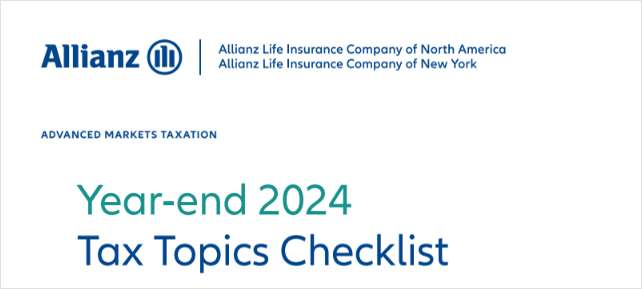Securities and Exchange Commission Chairwoman Mary Jo White told lawmakers in a recent letter that the agency was mulling expanding the definition of accredited investor beyond its net worth standard to include certain professionals with designated certifications or licenses.
In her Nov. 15 letter to Rep. Scott Garrett, R-N.J., chairman of the House Capital Markets Subcommittee, White said that commission staffers have begun a comprehensive review of the accredited investor definition under Regulation D, and that while she's "not in a position to reach conclusions" about possible changes to the definition until that review is finished, "professional certifications, such as a CPA or CFA, are among the possible supplemental or alternative criteria for qualifying as an accredited investor" that the commission will consider.
Such a certification, White said, "may position an individual to be able to analyze more comprehensively a company's financial condition and results of operations."
Investors with a net worth of $1 million, excluding the value of their homes, or an income greater than $200,000 meet the current accredited investor definition and can buy unregistered securities or buy into private-equity and hedge funds.
White also said that an investor's reliance on a registered broker or investment advisor is "one of many factors" that commission staffers will consider. "Obtaining the advice of a professional advisor may enhance an investor's ability to make an informed investment decision and therefore strengthen investor protection in Rule 506 offerings," White said. However, "an investor's use of such an advisor may not necessarily measure the investor's understanding of the risks of the investment."
The Government Accountability Office released a report in July stating that the SEC should consider alternative criteria for its accredited investor standard, including the use of more liquid investments inside any Reg D private offerings, or require the guidance of a registered investment advisor. White said staff will consider the GAO report's recommendations during its review.
David Tittsworth, executive director of the Investment Adviser Association in Washington, says "there is a tension between the two types of standards."



